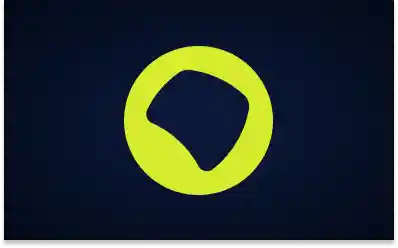Oil that hit beaches in the Northeast came from a Greek oil tanker, says PF

The oil slicks that appeared on hundreds of Brazilian beaches between August 2019 and March 2020 came from a Greek oil tanker. The conclusion was released this Thursday (2) by the Federal Police (PF).
According to the PF, oil slicks were found in more than a thousand locations, in 11 coastal states. The costs borne by the federal, state and municipal public authorities for cleaning beaches and ocean alone were estimated at more than R$ 188 million, thus establishing an initial and minimum value for environmental damage.
“The Federal Police, based on the evidence and other elements of conviction produced, concluded that there is sufficient evidence that an oil tanker flying the Greek flag would have been responsible for launching the oleaginous substance that reached the Brazilian coast. The respective company and its legal guardians, as well as the ship's captain and chief engineer, were indicted for committing crimes of pollution, non-compliance with environmental obligations and damage to conservation units”, said the PF in a statement.
The total amount of the environmental damage is being determined by the expertise of the PF, which must forward the respective report to the competent authorities as soon as possible. The reported police inquiry now goes to the federal judiciary in Rio Grande do Norte and the Federal Public Ministry (MPF), for analysis and adoption of the appropriate measures.

investigations
The investigations, carried out in partnership with various national and international bodies and institutions, were centered on three fronts. The first concerns the investigation of the substance's characteristics, through chemical analyzes that sought to determine the type of material that reached the Brazilian coast, its characteristics and, especially, its origin, whether national or foreign, and which country.
"This was necessary, as several theories emerged about the origin of the material (leakage of pipelines, platforms or natural reserves, ships in transit or wrecked, coast of Africa, etc.)", explained the PF.
The second front concerns the exact location where the oil spill/release occurred, in which the use of geointelligence techniques was prioritized, which include satellite images and models and simulations carried out by specific software. The third was based on data, documents and information that could clarify the facts, through national and international cooperation, including the support of Interpol.
Text translated using artificial intelligence.


